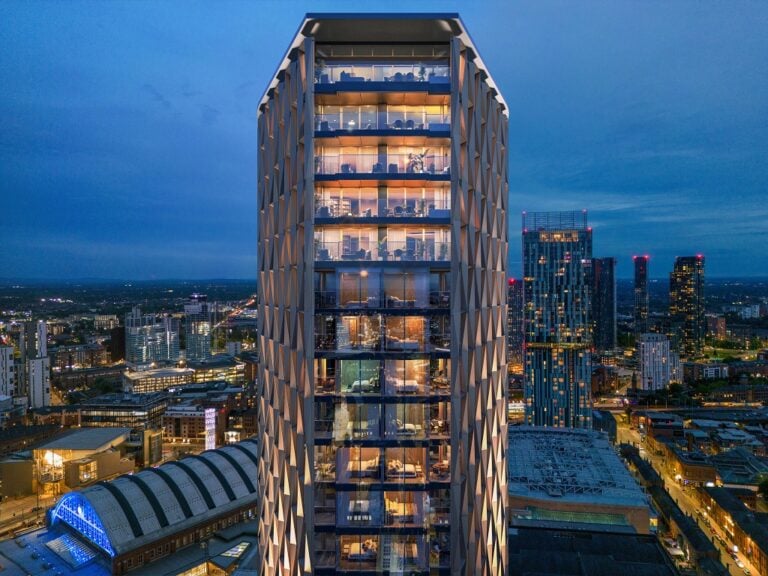Optimism in the property market continues to grow, with buyers and sellers firmly back in the fold. The future’s looking brighter for UK house prices and the private rented sector, too.
The latest monthly residential market survey from the Royal Institute of Chartered Surveyors (RICS) shows a significant pick-up in the sector in July. While expectations across the various parts of the sector vary, overall the mood is cautiously optimistic among professionals.
Buyers have rushed back to the market, with +75% of survey respondents noting an increase in enquiries since June. There’s also been a steep rise in instructions from sellers, reported by +59% of respondents. This compares to June’s +41% figure, showing confidence continues to improve.
Importantly, agreed sales have risen, with +57% of respondents reporting an increase nationally. Buyers are proving that they are now willing to press ahead with sales completions, after the slump between March and May.
House prices: will they hold?
For the first time since March, house prices are on the rise, according to the survey. A net balance of +12% of participants saw house prices increase in July. This is the first positive result since the lockdown began in March.
All regions except London noted house price rises, although the picture there is improving, too. In the capital, a net balance of -10% of respondents saw prices fall, but this is a better outlook than the -54% in June.
Looking ahead, +8% of participants expect house prices to rise over the coming 12 months. This is across the UK as a whole, again with regional variations. For many property investors, this makes well-timed purchases even more paramount right now.
The report says: “As such, this latest reading is consistent with a flat to marginally positive outlook for house prices in the year ahead.”
Tomer Aboody, director of MT Finance, says: “With the stamp duty holiday in place at least until March and hopefully longer, this should help support the housing market to a degree. No doubt there will be some negativity and a potential fall in confidence after government schemes such as furlough have ended.
“But a possible downward trend should be eased by banks already preparing a loss buffer (HSBC), allowing them to work more closely with borrowers who might be struggling with repayments.”
Rental market momentum is building
One big piece of news from this month’s RICS report is the uptick in landlord instructions. A total of +6% of contributors noted that they had experienced more landlords advertising rental properties in July, which is the first positive reading since 2016.
Over recent years, a number of changes have begun to affect some parts of the rental market. One major shift came from the introduction of Section 24, which changed some landlords’ tax bills. There’s also greater regulation in the market, such as more licensing schemes and new minimum requirements for some properties. Some of these changes have been good for the sector, improving standards in many properties. However, they have led a number of landlords to look to diversify, perhaps away from traditional buy-to-let.
On the tenant side, there’s been a “firm recovery”, according to +35% of surveyors. Tenant demand has increased for a third consecutive month, a significant recovery from the previous quarter. Looking to the future, +20% of respondents expect the market and rental prices to grow over the next year.
According to Elisabeth Kohlbach, CEO of Skwire, the rental market is the most positive area of the housing sector currently.
“The PRS sector is a growing part of the UK’s housing mix and the demand for this part of the market is not going away. Many would-be buyers are struggling to get on the ladder and will no doubt turn to the rental market once again.”
Looking at the build-to-rent market, she points out that London may no longer be as attractive. Remote workers seem to be “flocking to towns and cities beyond the capital”.
“Investors should look to the regions, which offer an exciting and untapped opportunity,” she adds.










